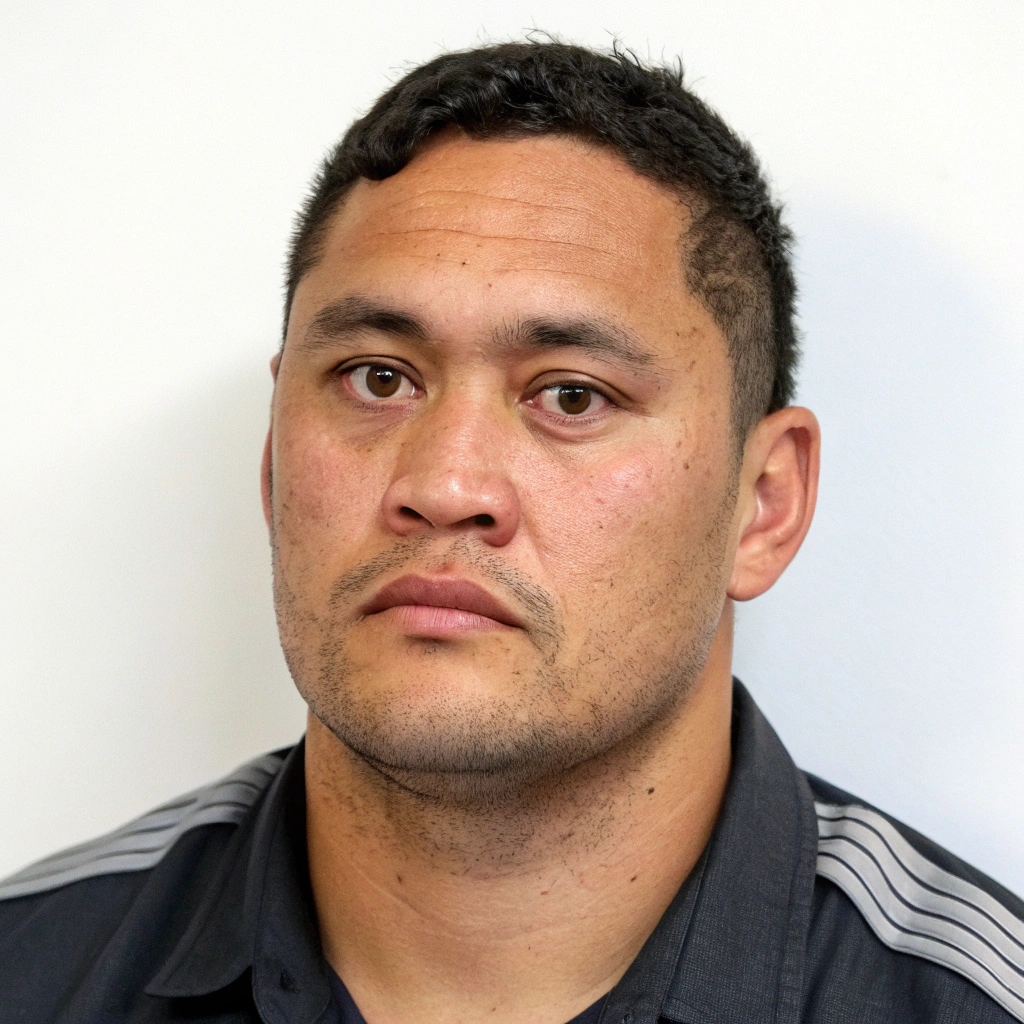Gambling in New Zealand is regulated under the Gambling Act 2003, which aims to control the growth of gambling, prevent and minimize the harm it can cause, ensure that gambling is fair and open, and prevent any association between gambling and crime or disorder.
Regulatory Overview
- Licensing Authority: The Department of Internal Affairs (DIA) oversees all gambling activities in New Zealand.
- Legal Gambling Forms:
- Class 1: Low-stakes gambling with prizes up to $500.
- Class 2: Gambling with prizes between $500 and $5,000.
- Class 3: Gambling with prizes exceeding $5,000; requires a license.
- Class 4: Gambling involving gaming machines; requires a license.
- Class 1: Low-stakes gambling with prizes up to $500.
- Prohibited Gambling: Remote interactive gambling (e.g., online casinos) is generally prohibited unless specifically authorized by the government.
Classes of Gambling
| Class | Prize Limit | Turnover Limit | License Required | Conducted By |
| Class 1 | Up to $500 | No limit | No | Individuals |
| Class 2 | $500 – $5,000 | Up to $25,000 | No | Societies |
| Class 3 | Over $5,000 | Over $25,000 | Yes | Societies |
| Class 4 | Varies | Varies | Yes | Societies |
Note: Class 3 and Class 4 gambling require a license from the DIA. Class 1 and Class 2 gambling do not require a license if conducted by individuals or societies, respectively, and if certain conditions are met.
Prohibited Gambling Activities
Under the Gambling Act 2003, the following activities are prohibited:
- Remote Interactive Gambling: Gambling conducted at a distance through communication devices (e.g., online casinos).
- Advertising Overseas Gambling: Promoting gambling services based outside New Zealand.
- Prohibited Prizes: Offering prizes such as firearms, liquor, and tobacco products.
Engaging in these activities can result in fines and other penalties.
Responsible Gambling and Harm Minimization
The DIA works alongside the Ministry of Health to minimize gambling harm through:
- Public Health Campaigns: Raising awareness about the risks of gambling.
- Support Services: Providing assistance to individuals and families affected by gambling.
- Research: Conducting studies to understand and mitigate gambling-related harm.
Licensed gambling operators are required to contribute to the problem gambling levy to fund these initiatives.
Gulf Harbour Country Club and Gambling
While Gulf Harbour Country Club is primarily a golf and recreational facility, it’s important for members and visitors to be aware of the gambling laws that apply within the club’s premises. The club is committed to:
- Compliance: Adhering to all relevant gambling regulations.
- Education: Informing members about responsible gambling practices.
- Support: Offering resources for those who may need assistance with gambling-related issues.
For more information on gambling laws and responsible gambling, visit the Department of Internal Affairs website.

